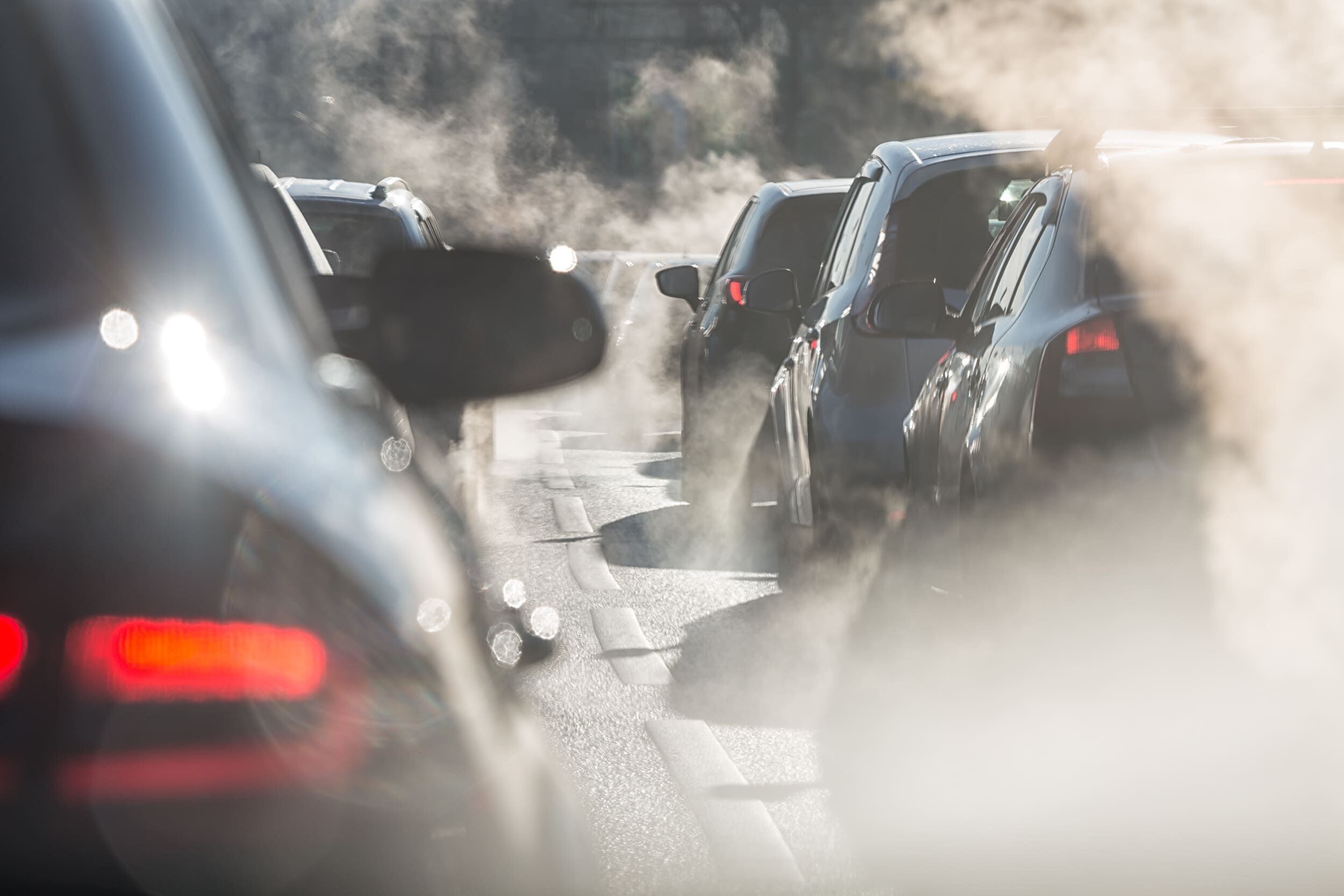
People exposed to high levels of atmospheric pollution by PM2.5 particles, nitrogen dioxide (NO2) and black carbon (soot) before the pandemic had a 5-10% reduction in antibody response after donning the anti-covid vaccines.
This is confirmed by a study conducted by the Spanish Institute for Global Health in Barcelona (ISGlobal), which is published this Wednesday in the journal Environmental Health Perspective.
Specifically, the work relates exposure to this type of pollution with a decrease of around 10% in IgM and IgG antibody responses in people without previous infection, which is new evidence on the adverse effects of air pollution in the immune system.
In addition to affecting many diseases, recently, ISGlobal researcher Manolis Kogevinas and his team showed an association between exposure to air pollution before the pandemic and an increased risk of severe illness from COVID-19.
“Air pollutants have been shown to affect immune responses, so in this study we wanted to test whether air pollution also affects antibody production after COVID-19 vaccination”explains Kogevinas.
The researchers analyzed data from 927 volunteers from the cohort ‘Genome for Life’ (GCAT), between 40 and 65 years of age, who answered questionnaires and gave blood samples in the summer of 2020 -just after the first confinement- and in the spring of 2021, after the start of vaccination against COVID -19.
All had received one or two doses of the main COVID-19 vaccines administered in Spain (manufactured by AstraZeneca, Pfizer or Moderna).
The researchers measured IgM, IgG and IgA antibodies against five viral antigens (three of them in the Spike protein contained in the vaccine).
The exposure to PM2.5, soot, NO2 and ozone of each participant was estimated based on their residence before the pandemic.
“The collaboration of all the volunteers of the GCAT cohort, with more than ten years of data, has allowed us to reliably estimate the level of environmental exposure of all the participants”indicated the director of the GCAT-IGTP project Rafael de Cid.
The results show that, in people not infected with SARS-CoV-2, pre-pandemic exposure to PM2.5, NO2 and soot was associated with a 5% to 10% reduction in the levels of anti-Spike antibodies induced by the vaccine.
This decrease was observed for both early (IgM) and late (IgG) responses.
The peak of IgG antibodies after the first dose was later in the participants exposed to higher air pollution, and the reduced levels of IgG persisted for several months after vaccination, with similar results for the three vaccines of the three brands.
“Air pollution can cause chronic inflammation, which has been associated with a negative effect on the efficacy of vaccines,” detailed ISGlobal researchers Carlota Dobaño and Cathryn Tonne.
“Our findings are consistent with studies showing that persistent organic pollutants reduce the response to vaccines in children.”, they added.
The fact that previous infections favor a greater response to the vaccine could explain why the effect of the contaminants was only observed in people who had not passed the infection at the time of the study.
However, the effect of air pollution on hybrid immunity (infection plus vaccination) deserves further investigation, the scientists conceded.
The study did not look at whether a lower response to the vaccine was associated with a higher risk of subsequent infections, or a greater severity of these infections.
“However, our findings add to the growing body of evidence on the adverse effects of air pollution, even at the relatively low levels seen in Western Europe, and also underscore the need for stricter limits on air pollution, as recommended by the Organization World Health Organization (WHO)the researchers concluded.
Source: EFE
Source: Gestion
Ricardo is a renowned author and journalist, known for his exceptional writing on top-news stories. He currently works as a writer at the 247 News Agency, where he is known for his ability to deliver breaking news and insightful analysis on the most pressing issues of the day.












